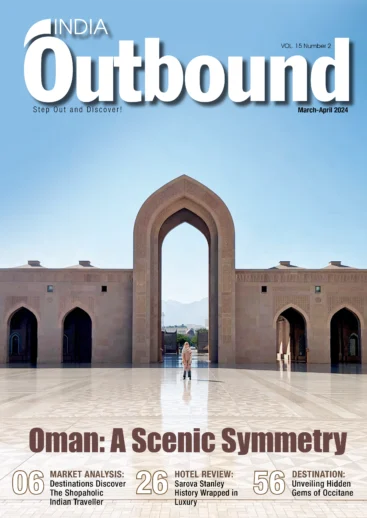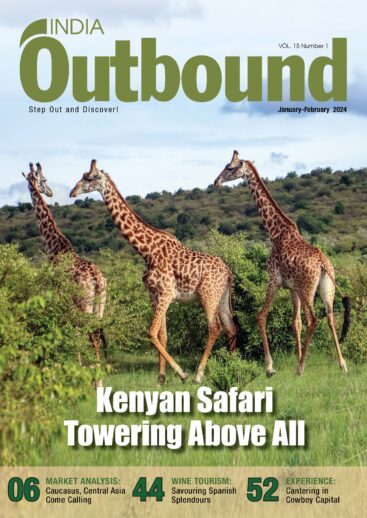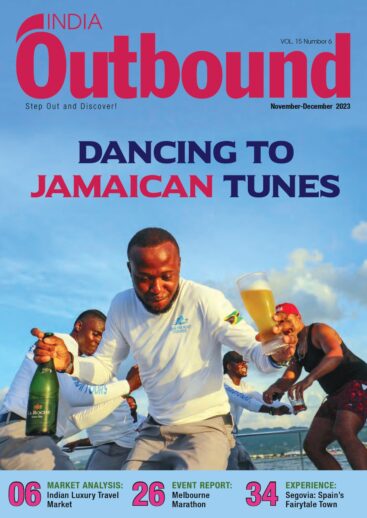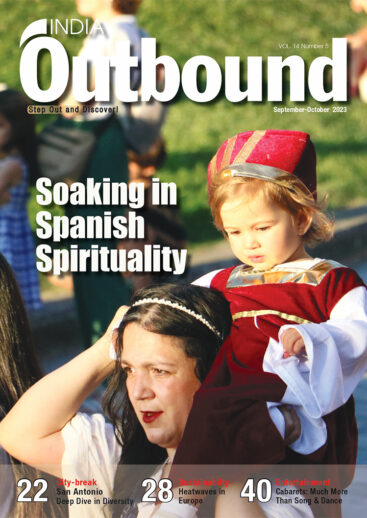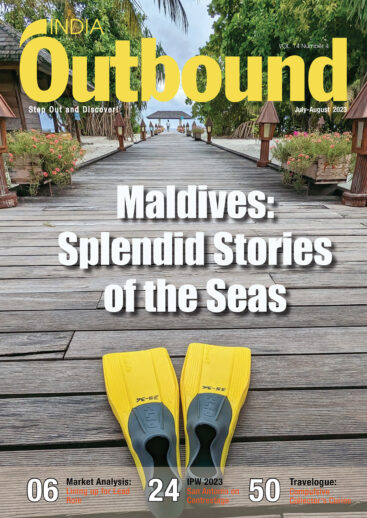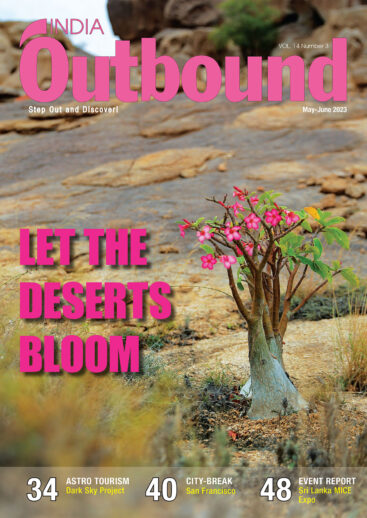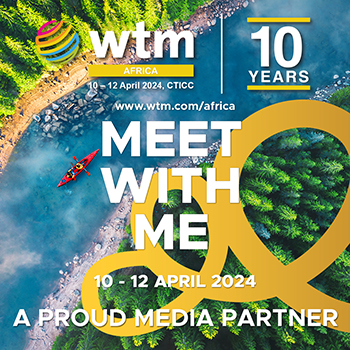
Managed travel distribution is rapidly increasing as the number of new business travellers increases globally
The popularity of systems like managed travel distribution is rapidly increasing and need for organised and custom travel planning is growing as the number of new business travellers increases globally, says a report by market research firm Future Market Insghts (FMI).
FMI predicts that as today’s business travellers favour organised tours offered through managed travel distribution, the industry is quickly evolving because to the prevalence of smart smartphones and it is expected to register a robust and sustained 10 pc Compounded Annual Growth Rate (CAGR) between 2022 and 2032, having grown from USD 91 billion currently to USD 236 billion by 2032 end.
FMI says that one of the most notable effects of the transformation in corporate travel is the increase in leisure travel, and this trend is predicted to continue with more number of people getting vaccinated. More workers are seeking activities other than work during their period away from the office as majority of workforce is consisting younger generations. Despite the fact that 92 pc of businesses halted business travel in the early pandemic months, pre-pandemic statistics indicate that 90 pc of millennial business travellers included leisure activities in their travel plans.
The report says that the new generation of corporate travellers is responsible for the rising popularity of unusual lodgings in business travel. Travelers on business are more likely to investigate alternatives to the typical chain hotels. More people are choosing to stay in apartments and other types of more comfortable lodging. Today’s business visitors are becoming more and more accustomed to staying in smaller boutique hotels and lodgings that resemble homes, such as those provided by Airbnb.
These unconventional lodgings offer chances to discover the location in novel ways. Additionally, when comfort and convenience to recreational opportunities are favoured, more tourists tend to stay outside of the city core.
FMI says that the majority of employees now view corporate travel as a perk, which is a significant factor in the managed travelling forecast. International business travellers also value travel for its benefits to their personal and professional development. Millennials, who make up the majority of the workforce, are also more open to travelling since they view it as an educational experience. Employees who travel frequently report feeling more empowered and engaged. Managed travel can even aid in boosting social skills and self-confidence.
More businesses are recognising these consequences and the connection between managed travels and an effective, creative corporate travel programme can be utilised as a strategy to boost retention rates, promote employee engagement, and promote organisational growth.
FMI says that as India is one of the fastest growing economy in the world, there has been a rise in the number of corporate travellers visiting the country, and also corporate travellers that are crossing the countries border to expand their reach internationally.
It says that beating South Korea in spending for business travel, India is set to be part of the top 5 managed travel distribution markets. This will provide a concrete foundation for the sector which is expected grow rapidly in the country.
The most preferred type of managed travel distribution market is customer meetings, says FMI. Major changes are seen in the travel policies of the corporate sector post-pandemic period. Businesses are adopting policies that aim towards less travel due to the damaged economic status of most companies. Hence, they are focusing on travelling just for factors important for their business.
It says that online mode of booking is preferred by most of the managed travellers which majorly includes people from corporate sector. More business travellers choose to make their own travel and lodging arrangements. It is possible that the self-booking tendency is a further effect of the demographic shift in business travellers.
FMI says that as the majority of managed travellers are travelling for the purpose of business, they tend to travel in groups or teams working on a specific project. Hence, the people opting for managed tours opt for the tour group packages which are specially designed as per the travellers need.













